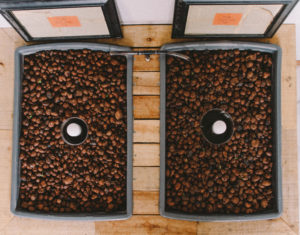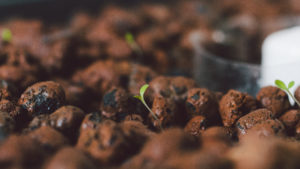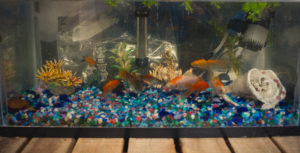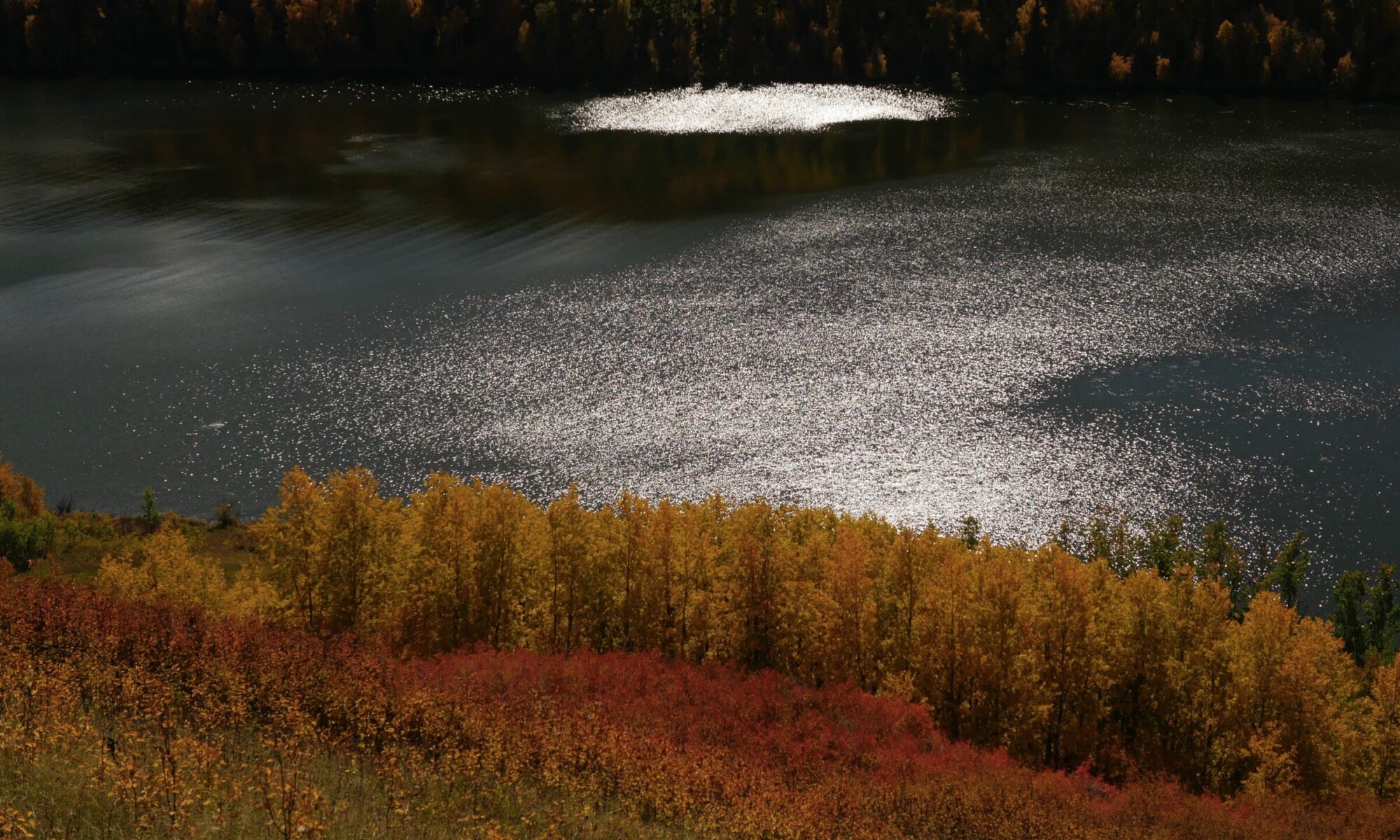During last year’s Spirit of the Land class, I stumbled across this quote in one of our readings:
“We are recollecting the almost-lost knowledge of our great-grandparents, those most essential of human skill sets: how to tend to plants, how to tend to animals, and how to tend to ourselves.” ~Kelly Coyne and Erik Knutzen, “Become an Urban Homesteader”
When I first read this quote, the concept of “learning how to tend” felt foreign to me. I’m a task-oriented person–a list person, if you will. I like to be able to write down what I want to accomplish in a day, and then do it, and cross it off. I like the idea of a finished product, something that is visibly completed that can be tied up into a nice little bow so I can move onto the next task on my list. And, inevitably, I eventually want to throw away the list and begin a new one.
So why is this? And how does this connect to “learning to tend?”
There are different kinds of people, and different kinds of cultures, and that is okay. More than okay, in fact…it is what makes our world interesting, beautiful and diverse. But I also think my tendency to focus on accomplishing, checking off, or completing something successfully is tied to the industrially modeled world we are a part of. In this model, success is only labeled as a success–or economic growth–when there is profit, consumption, or a tangible result is evident. And so, the thought of learning to maintain something, to care for it and know it so that it can remain healthy and cared for cannot equate to success in our world. Tending to something cannot be checked off of a to-do list, it cannot be completed, it will not always create an economic profit. Yet, it crucial to the health of the world, and ourselves…and we have forgotten how to do it!
What can my response be? How do I begin to shift my mentality of perpetually accomplishing tasks to tending, caring, and being? I think Kelly Coyne and Erik Knutzen are right…that we must begin to learn to tend by recollecting almost forgotten human skills. Starting with tending a plant or tending an animal will inevitably lead to the tending of self. We are forced to recognize the interdependence of ourselves, our lives, on the plants, animals, environment, and people around us.
For me, this meant starting with plants. Aquaponics, to be specific. I had learned a little bit about it when I was in Romania, where an organization I worked with had begun a full-scale aquaponics program, which provided fresh vegetables and food for a boy’s home and a girl’s home, as well as a tilapia harvest every 5 months. Anderson and I thought it would be something fun to try on a smaller scale. While it hasn’t been without difficulty (who knew that newer windows blocked out much needed UV rays?!), it has been an excellent experience of learning to tend – to both plants and animals all at once. We currently have 7 fish (although not for harvesting), and are always playing around with the system to see what grows best. It has been so interesting to see the positive effects of both the fish waste for the plants, and the plants for the water purification. I’ve included a couple of pictures for you to check out our humble system…there isn’t much growing in it right now, as you can see, but learning what works in it is part of the fun!



If you’re curious about aquaponics, come and join us at our second “Seeds for the Soul” event on Wednesday, July 6th at the Camrose Public Library. From 6 – 7 p.m., Anderson will be leading a tutorial of how to make your own home aquaponics system (a slightly smaller scale than ours), and from 7-8 p.m., we will be talking about the chapter “The Illusion of Scarcity” from Charles Eisenstein’s book Sacred Economics. (Check it out here: http://sacred-economics.com/sacred-economics-chapter-2-the-illusion-of-scarcity/). All ages are welcome, so grab a friend and come on down!
Tending to it has also been an interesting experience, and I have learned it is a lot of becoming familiar with the system, and what influences what within it. Likewise, tending to our world and ourselves means becoming familiar with our relationship with everything else. And so, we must learn to tend.
